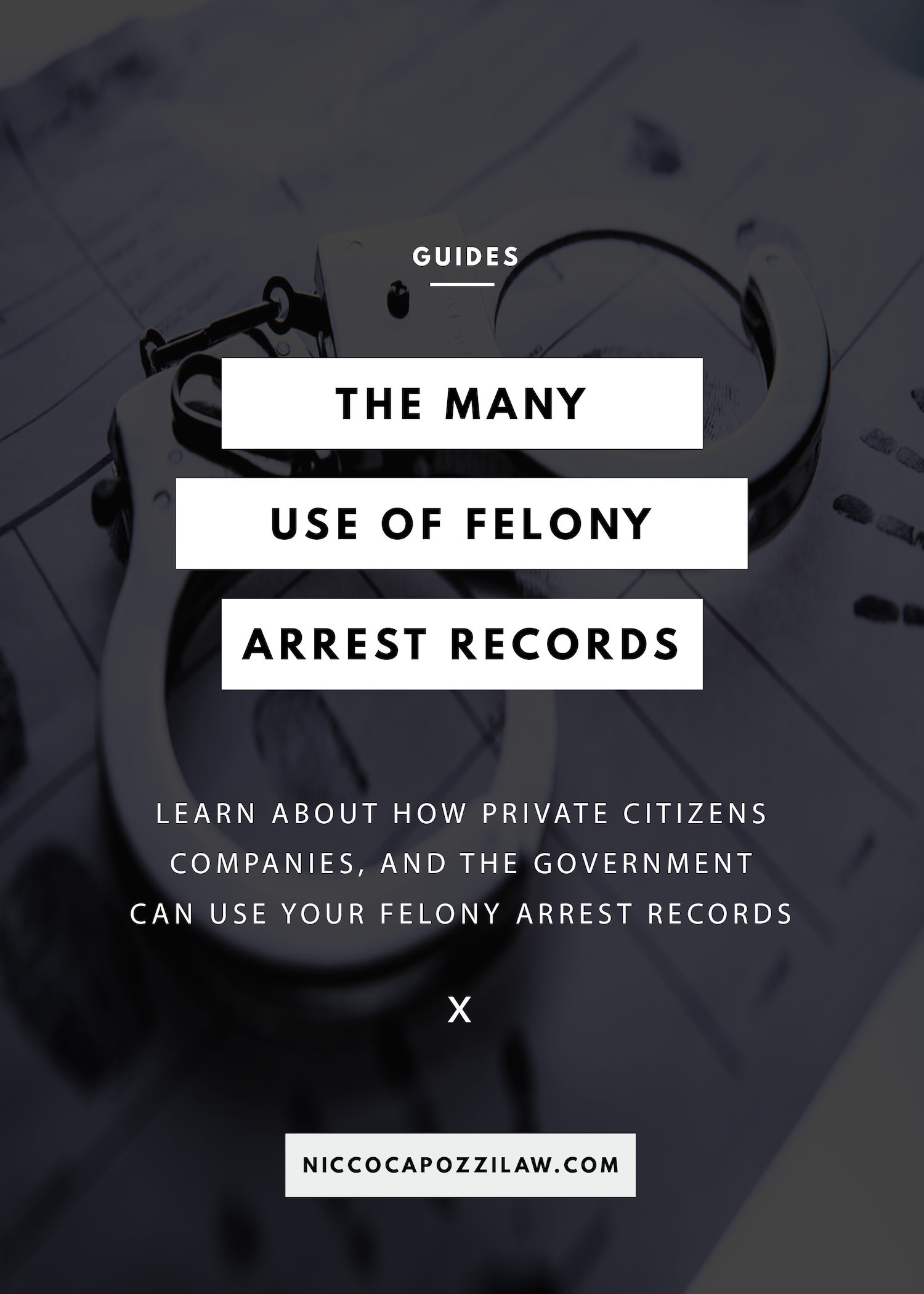I get this question quite a bit in my practice.
I recently read a piece of news that a nonprofit director was recently charged with $42,000 worth of embezzlement in her role as director of two Yosemite area child centers. While the news is not especially noteworthy, I thought it would be a good chance to explain what exactly embezzlement is and, more specifically, how it differs from theft.
The news piece mentions that the woman embezzled from the Yosemite National Park Child Care Center. She was director of the nonprofit from 2005 to 2009 and evidently payed herself extra paychecks and used funds from the child care center to make payments on her personal debt. So how is this not theft?
Well, it actually is theft just a different variation than what most people think of theft. In actuality, when people think of theft, what they are really thinking of is the crime of larceny. Larceny is loosely defined as the taking and carrying away the personal property of another with the intent to deprive that person permanently of the property. This definition fits into what most people think of when they think of theft: the taking of another's property without permission. Embezzlement is the same with one very important distinction. With larceny the thief takes the property without consent. With embezzlement the taking of property is usually with consent.
The best way to describe is as follows: A person on the street runs by a victim and snatches their purse and runs off. The victim did not see the thief coming. This would be larceny as the taking was done without permission. Now imagine we have a bank teller who handles bank money everyday, all day. The bank entrust this person to handle money and even allows the teller to possess the money by walking it to and from the vault and to other bank approved locations. Consent is provided. But now imagine the teller takes the bank money and deposits it into their own account. This would be embezzlement. The teller had consent to have the property but the teller broke that trust, that consent, and used the money (the property) in some other way -- in this case, by depositing it into their account. The teller acts from a position of trust.
So, back to the nonprofit director. She is said to have embezzled the property (the money) because she took it for her own use but only after she was entrusted with the property.
For more information about how this firm handles similar cases, please read further on our site.





